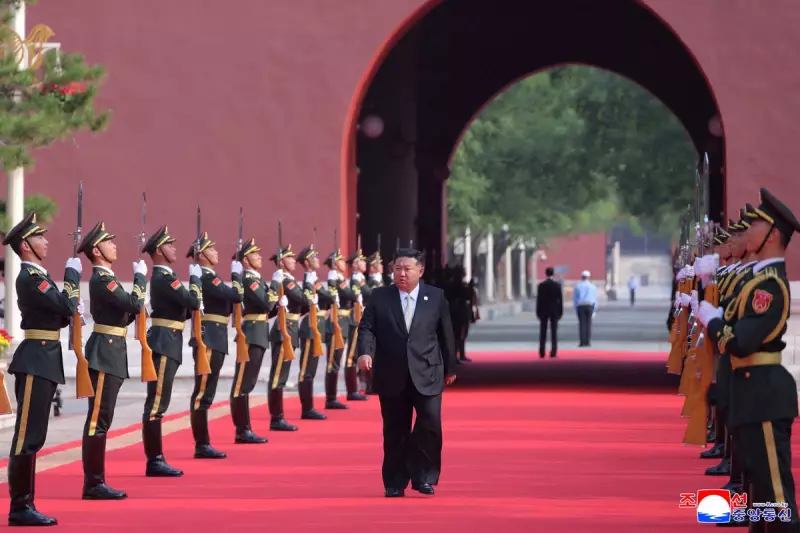
In a significant escalation of military rhetoric, North Korean leader Kim Jong Un has demanded an exponential increase in the production of nuclear warheads and the development of smaller, tactical weapons. The directive was issued during a pivotal meeting of the ruling Workers' Party, signalling a dangerous new phase in the hermit kingdom's weapons programme.
A Strategic Shift in Nuclear Doctrine
State media reported that Mr Kim presided over a meeting of the party's central committee to review the country's defence strategies. The conclave concluded with a stark mandate: dramatically boost the country's nuclear arsenal and develop tactical nuclear capabilities for potential battlefield use.
This move represents a strategic pivot, focusing not just on large-scale deterrents but on smaller, more usable weapons that could be deployed in regional conflicts. Analysts suggest this lowers the threshold for nuclear use on the Korean peninsula.
Exercises and Escalation: A Tense Response
The announcement comes amidst a period of heightened military activity. North Korea conducted a series of ballistic missile tests throughout 2022, including one of its largest intercontinental ballistic missiles (ICBMs), capable of reaching the US mainland.
Pyongyang has consistently framed these actions as necessary responses to joint military exercises between the United States and South Korea. The regime views these drills as rehearsals for an invasion, justifying its weapons development as an act of self-defence.
International Condemnation and Stalled Diplomacy
The international community, led by the United States, South Korea, and Japan, has condemned North Korea's continued provocations. The UN Security Council has long imposed sanctions aimed at curbing the country's weapons programmes, though with limited success.
Diplomatic efforts have remained at a standstill since the collapse of talks between Kim Jong Un and former US President Donald Trump in 2019. The recent orders from Pyongyang suggest a hardening of its position and a move away from any near-term prospects of denuclearisation talks.
What This Means for Global Security
The acceleration of North Korea's nuclear programme presents a profound challenge to global non-proliferation efforts and regional stability. The development of tactical nuclear weapons is particularly alarming, as it increases the risk of a miscalculation or rapid escalation in a crisis.
The world watches with apprehension as Kim Jong Un steers his nation down a path of intensified militarisation, creating a persistent and growing threat that continues to defy diplomatic resolution.






